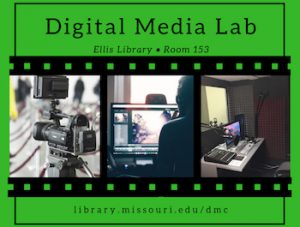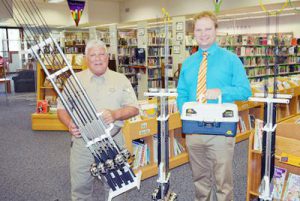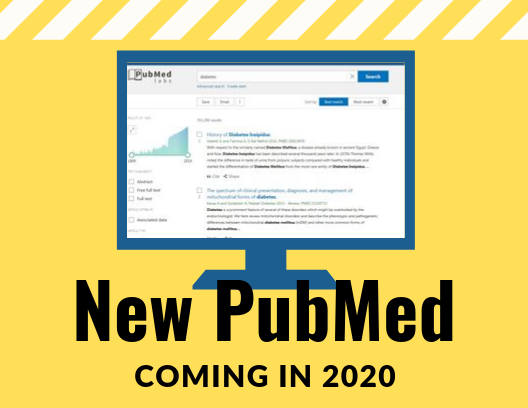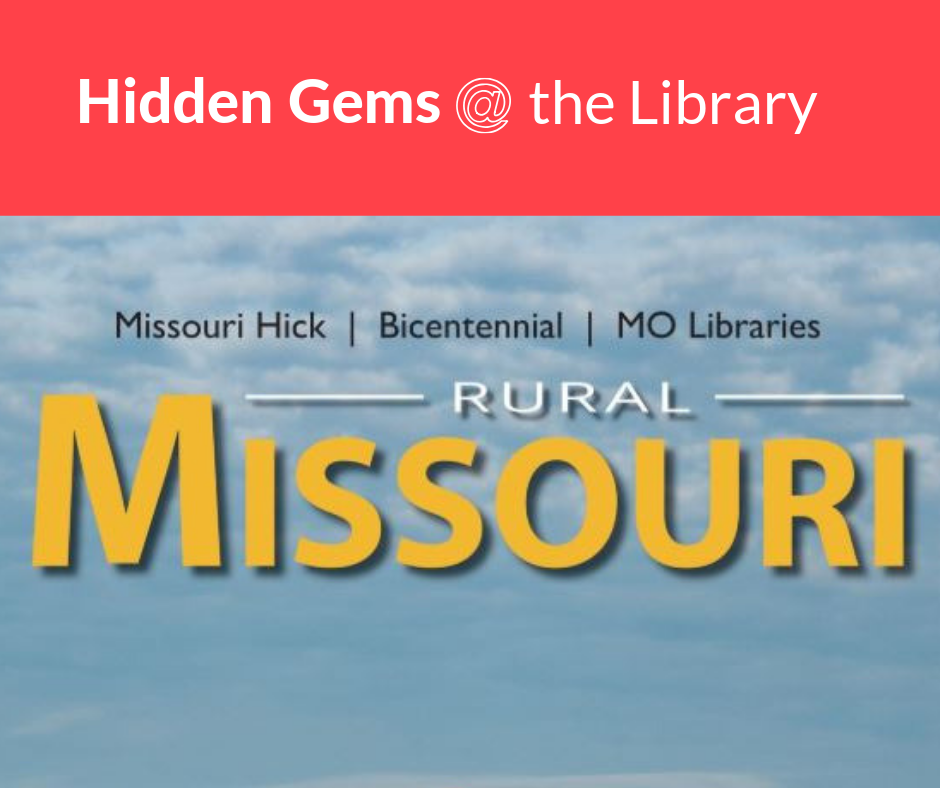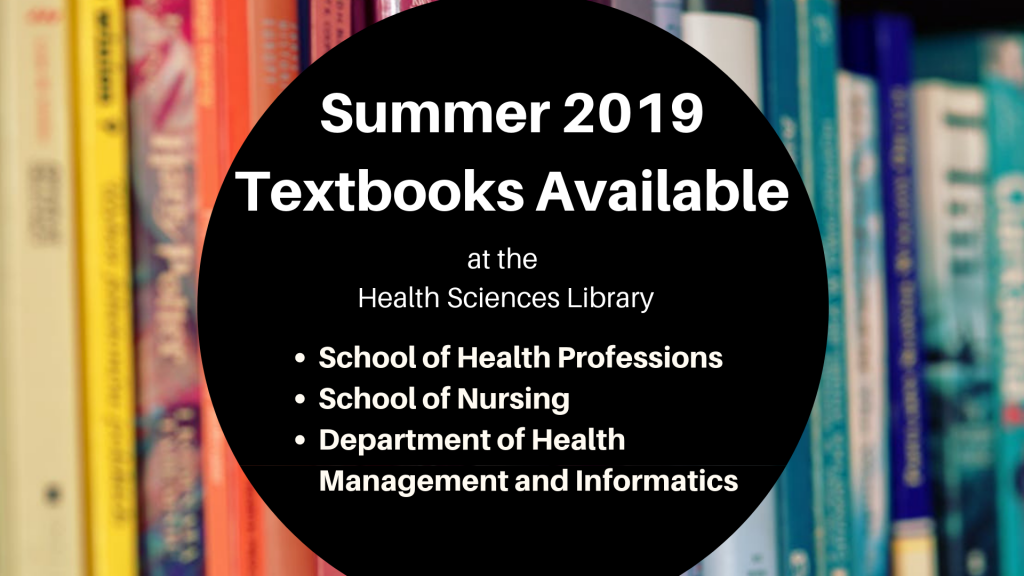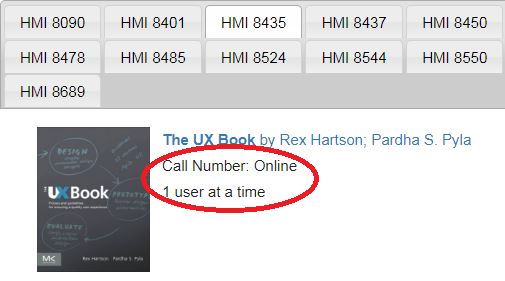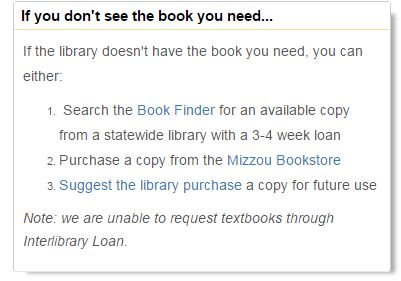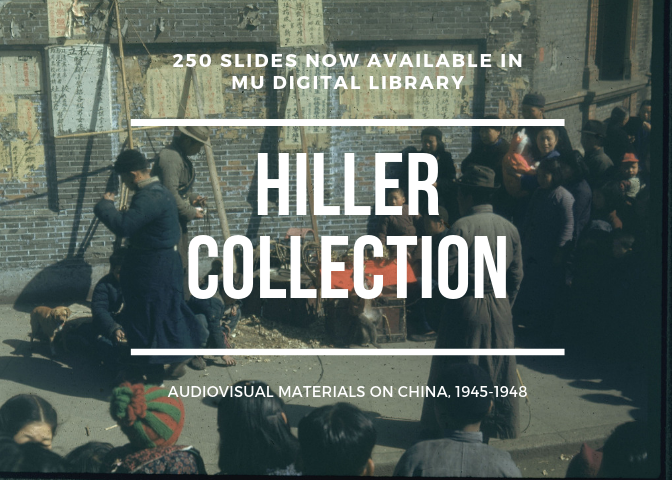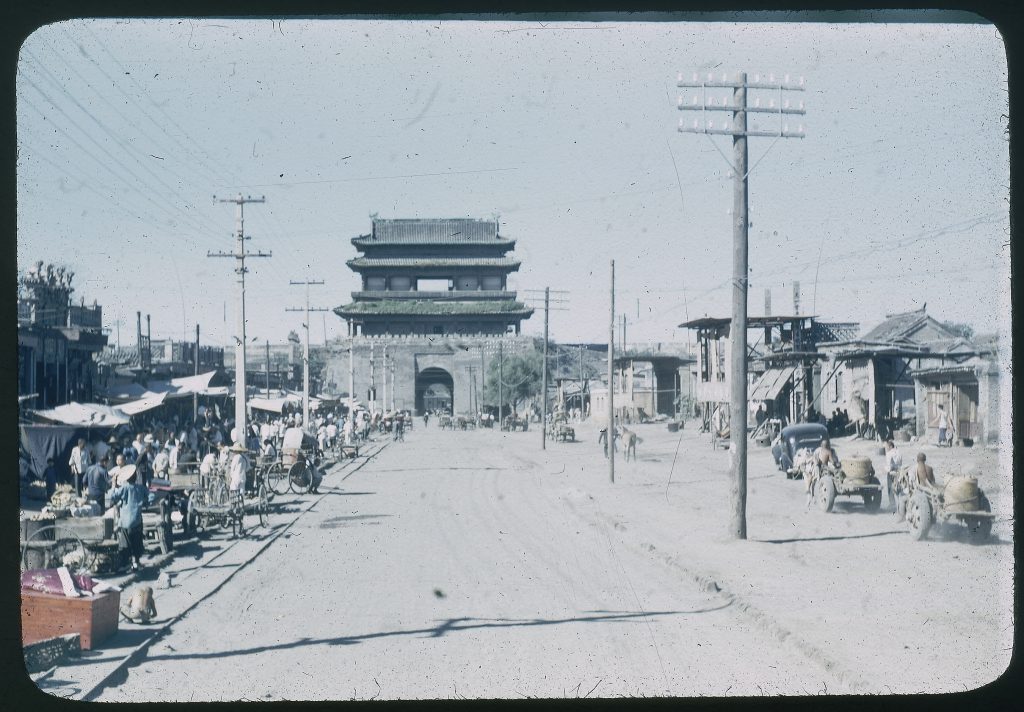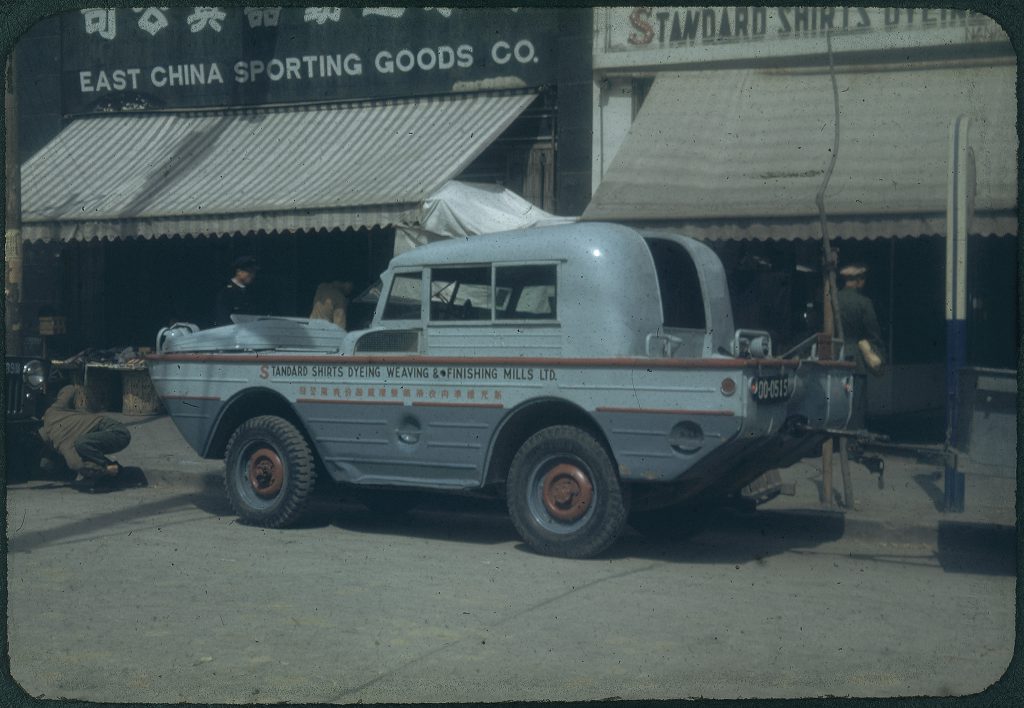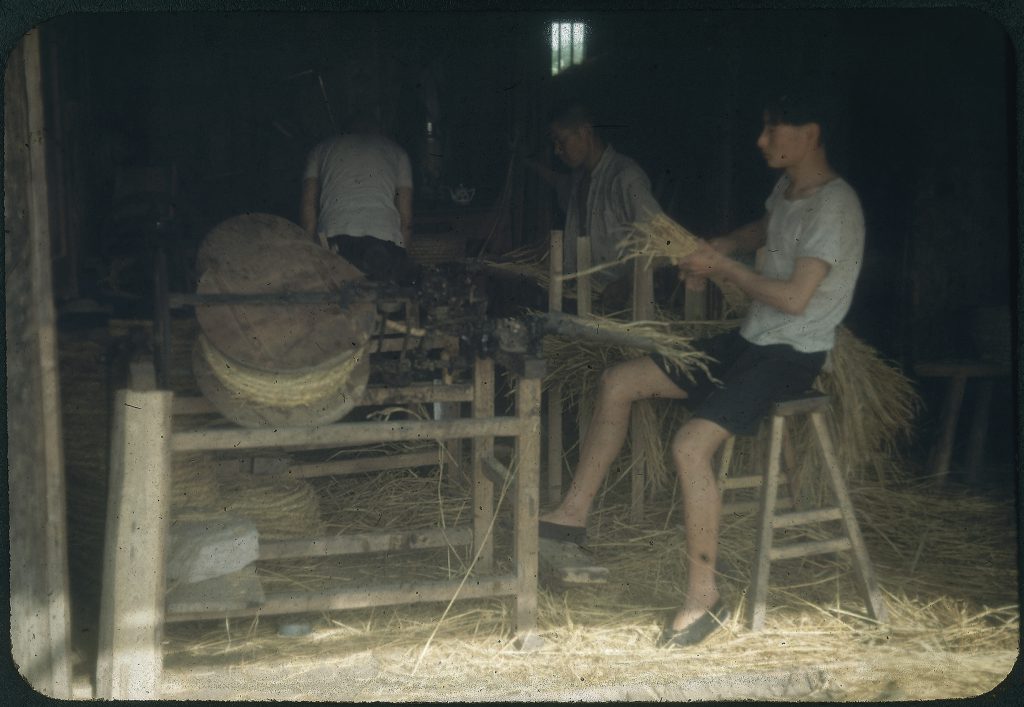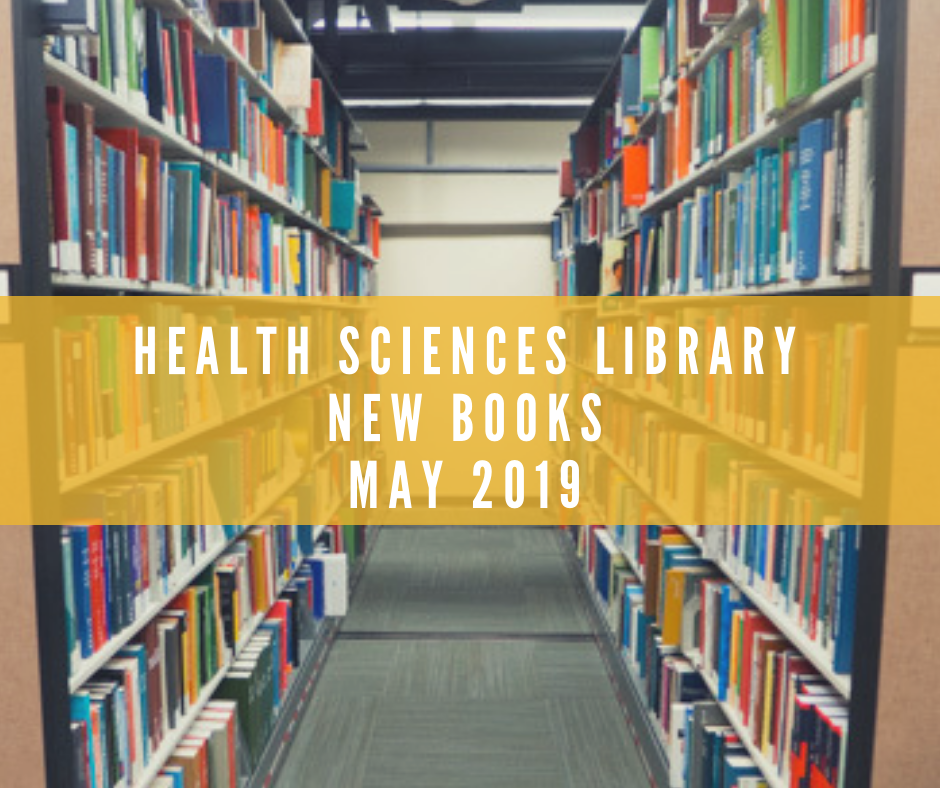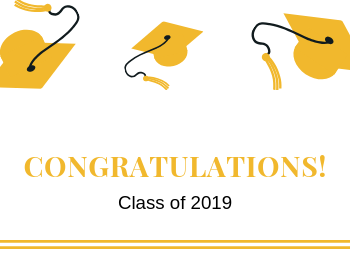
Rural Missouri magazine was started in 1948. It’s the statewide publication of the Association of Missouri Electric Cooperatives. Issues are released monthly to more than 500,000 members of Missouri’s electric co-ops. The magazine features interesting businesses and people, as well as interesting places to visit.
The current issue of Rural Missouri is located in the North Colonnade of Ellis Library. Back editions are available at the State Historical Society, as well as online at http://www.ruralmissouri.org/archives.php.
The current issue of Rural Missouri features a spread on the interesting items you can now check out at various Missouri libraries, as well as unique events taking place. Libraries aren’t just for books anymore, and the examples in this issue prove that in abundance! Some of the items available or loan include a telescope, superhero cake pans, American Girl dolls, and fishing poles. Some of these libraries are also giving away free items! Adair County Public Library in Kirksville allows people to take 10 seed packets home, using seeds donated from various seed companies and exchanges, in addition to handouts with information on gardening. In May, that same library hosted a comic book day and gave away stacks of comics. Libraries are also hosting Bingo nights, adopt-a-pet fairs, and star-gazing parties, to name a few. Be sure to check out interesting events and items at your local library!
For example, here at Ellis Library, if you need earplugs, you can find them in a vending machine on the first floor; if it’s raining, you can borrow an umbrella; a tripod if you want to take some pictures; as well as various electronics, including chargers for phones and laptops. In the last year, Ellis has perfected its Digital Media Lab, with a recording booth, a 3D scanner, and a green screen, all available by appointment: http://libraryguides.missouri.edu/dmc.

